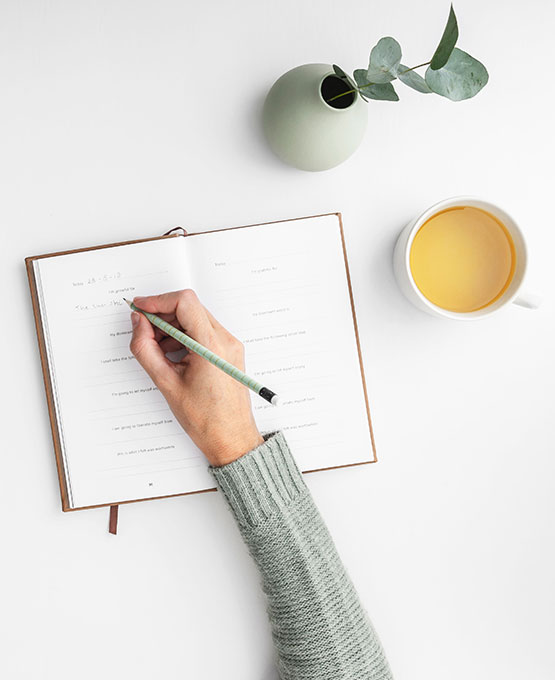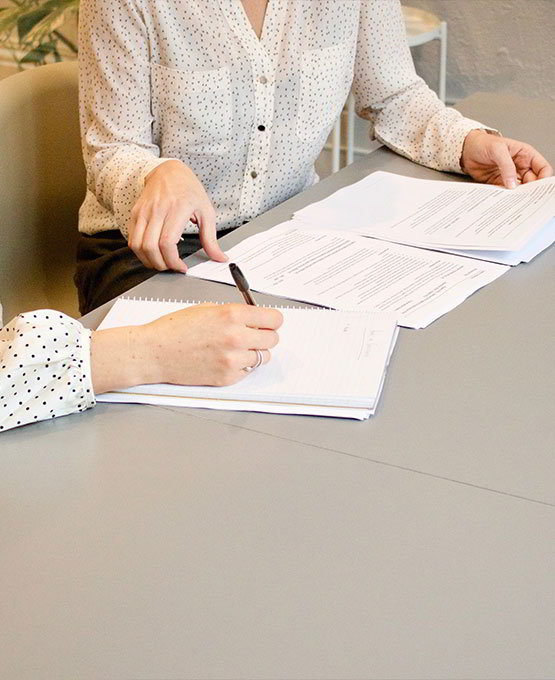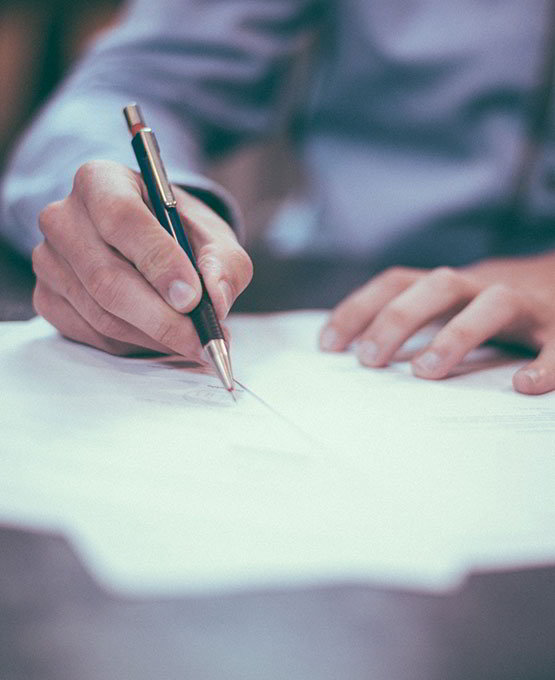Whilst your agent will help advise you on the best method of sale for your property, understanding the options will help you make an informed decision. The three key ways to sell a property are:
Private Treaty / Private Sale
This is the most popular method of sale across Australia and is when a property is listed for sale with an asking price. For more information on private treaty / private sale click here.
Property auction
This is a public sale of a property, where prospective buyers gather together to publicly to bid on a property. This is becoming increasingly popular in many suburbs across Australia due to the fact that is held on a particular date at a specific time, creating a level of urgency and excitement. Parties interested in purchasing the property bid to buy and the highest bid is awarded the purchase of your property. For more on property auctions click here.
Property auction
These methods are essentially a type of closed or silent auction, where potential buyers confidentially submit the highest price they are willing to offer for the property. The property owner then reviews the offers and accepts or negotiates. This method is predominantly used for unique or high-end properties. For more detail on tender / expression of interest click here.






















